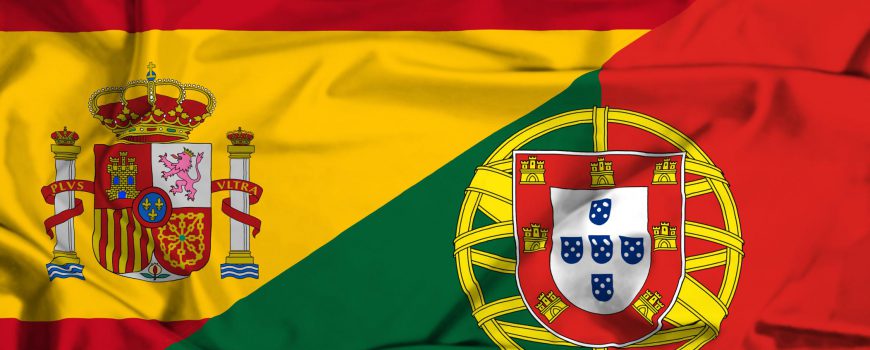Portuguese translations are essential for connecting Spanish-speaking individuals and businesses with Brazil and Portugal. Although Portuguese and Spanish share similarities due to their Latin roots, they also present key differences that can lead to confusion if the translation is not done properly.
This apparent familiarity between the two languages is actually one of the biggest traps for inexperienced translators. What seems like an advantage often turns into a field full of false cognates, misleading grammatical structures, and cultural nuances that can completely distort the message if not handled with the proper professional care.
A poorly executed translation between these sister languages can result in anything from harmless confusion to serious diplomatic or commercial misunderstandings. This highlights the critical importance of approaching the process with maximum technical precision and intercultural sensitivity.
False friends between Portuguese and Spanish
One of the biggest challenges in Portuguese translations is dealing with “false friends”: words that look similar but have different meanings. Some common examples include:
- “Embaraçado” in Portuguese means “embarrassed,” but in Spanish it can be confused with “pregnant.”
- “Ropa” in Portuguese means “trash,” while in Spanish it means “clothing.”
- “Oficina” in Portuguese refers to a “workshop,” but in Spanish it means an “office.”
Understanding these nuances is crucial to avoid translation mistakes and to convey the right message.

Grammatical differences in Portuguese translations
Despite their similarities, Portuguese and Spanish have distinct grammatical structures. Key aspects to consider include:
- Use of pronouns: In Portuguese, it’s common to use the pronoun “você” instead of “tú” or “usted.” Its translation depends on the level of formality required.
- Word order: Sentence structure can vary, and translating without adjusting the word order may affect clarity.
- Gender of words: Some words differ in gender between the two languages. For example, “leche” (milk) is feminine in Spanish, while “leite” is masculine in Portuguese.
Specialization by industry
Depending on the type of document, translators may need subject-matter expertise to handle technical terms.
- Legal translations: Legal documents must maintain terminological accuracy to avoid legal issues.
- Medical texts: Misinterpreting a medical term could impact the understanding of a diagnosis or treatment.
- Marketing and advertising: Messages must be adapted not only linguistically but also culturally.
Localization challenges: Brazilian vs. European Portuguese
Various countries speak Portuguese, but Brazilian and European Portuguese differ significantly.. Words and expressions can change drastically:
- Brazilian Portuguese: More flexible in grammar and vocabulary, often incorporating Anglicisms.
- European Portuguese: More conservative in structure and vocabulary, retaining traditional terms.
Therefore, choosing the right variant for the target audience is essential for effective communication.
Automatic vs. professional Portuguese translations
While machine translation tools have improved significantly, they still have limitations when it comes to capturing context and intent. A professional translator can:
- Adapt idiomatic expressions without losing the original meaning.
- Ensure the text flows naturally in the target language.
- Correct grammatical and stylistic errors that may affect comprehension.
In the end, Portuguese translations performed by professionals ensure quality and precision, especially in official documents or high-impact content.
Why choose Max Traducciones for your Portuguese translations?
At Max Translation, we offer Portuguese to Spanish translation services backed by over 15 years of experience and a team of specialized native translators.
Our professionals not only master both languages but also understand the cultural and regional differences between Portuguese (European and Brazilian) and Spanish, ensuring each translation is natural, accurate, and tailored to your target audience.
- Native translators specialized in the Portuguese-Spanish language pair.
- Terminological precision in technical, legal, medical, and commercial fields.
- Attention to cultural detail, avoiding false friends and misinterpreted expressions.
- Certified translations valid for official documents and legal procedures.
- Tight deadlines and guaranteed confidentiality on all projects.
Whether it’s contracts, technical manuals, websites, or multimedia content, at Max Tranlation we are committed to delivering flawless results that exceed expectations. Contact us today.



